Slovenia
Slovenia is a unitary state composed of municipalities (občine) and urban municipalities (mestne občine).
CEMR in Slovenia – Association of Municipalities and Towns of Slovenia (www.skupnostobcin.si) and Association of Urban Municipalities of Slovenia (www.zmos.si)










Local governments
The municipal council (občinski svet) is the municipality's deliberative body and is composed of members elected by direct universal suffrage for a four year-term. Deputy-mayors are appointed by the mayor from among council members. The council is responsible for making the municipality's main decisions, such as adopting local regulations, land and development plans and the municipal budget as well as deciding on the acquisition or selling of municipal property.
The mayor (župan) constitutes the municipality's executive body and is elected by direct universal suffrage for a mandate of four years. He/she represents the municipality and is at the head of the local administration.
Slovenian municipalities are divided into local, village or neighbourhood communities, (krajevne, vaške or četrtne skupnosti), where each has a council whose members are elected by direct universal suffrage. These councils have the power to propose decisions relating to the local community to the municipal council and other powers in accordance with local regulations.
The capital city of Slovenia, Ljubljana, and ten other municipalities have the status of urban municipality (mestna občina). A municipality can acquire the status of urban municipality if it has a minimum of 20,000 inhabitants and 15,000 jobs. Urban municipalities have more competences than the other municipalities, including responsibility for urban development, urban transport, housing, education, environment, public services, culture, sports and recreation.
-
- Public safety and protection
- Housing
- Land development
- Urban planning
- Trade and industry
- Environment
- Local roads network
- Transport
- Pre-school and primary education
- Social security
- Water treatment and waste collection









